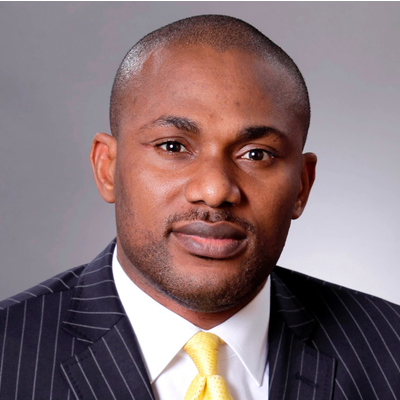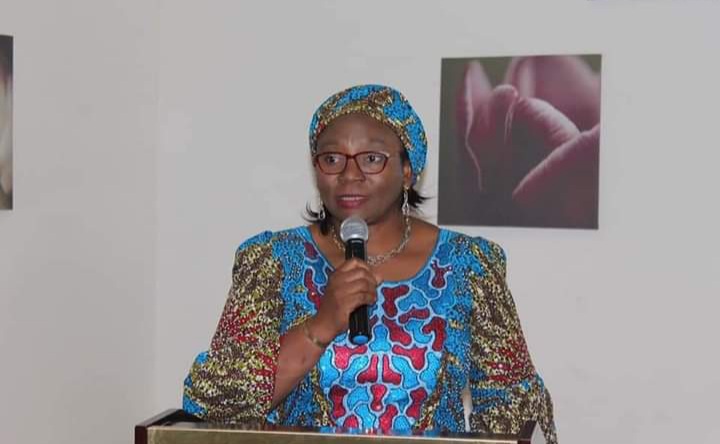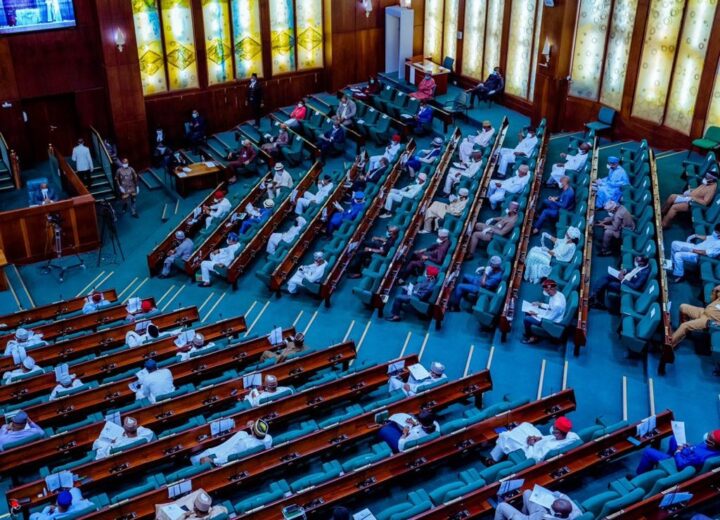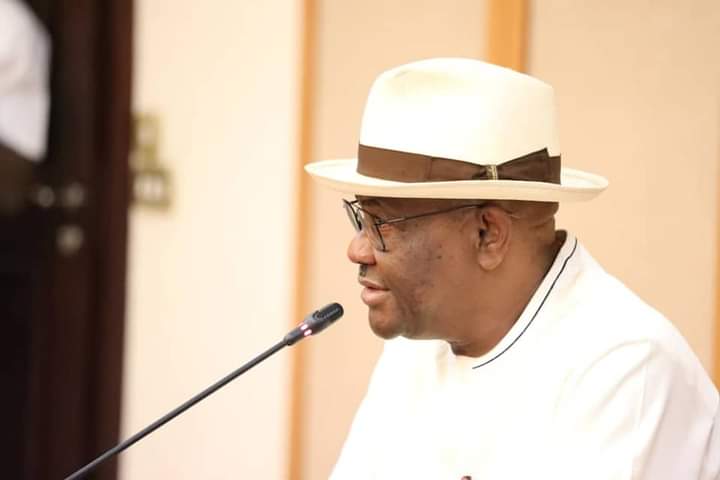Experts have advised federal and state governments to integrate education with technology in order to increase access to teaching, learning and ensure inclusion.
This was proposed during the April edition of ‘The Edtech Mondays’, a monthly programme facilitated by Mastercard Foundation in partnership with Co-creation Hub (CcHUB), in Lagos on Monday.
Olubayo Adekanmbi, founder and lead mentor of Data Science Nigeria, said technology remains a great enabler to learning for all categories of children especially with the increasing access to mobile phones in Nigeria.
Adekanmbi explained that the concept of learning was fast-changing as many digital devices have provided learning opportunities for kids in a more interactive, customized, and student-centred manner.
Advertisement
”Technology is as good as how we localize it or how we make it to be student-centred. Apart from that, learning should be localized to the reality of the child,” he said.
“Learning theory must lead while education must be the slave helping us to customize what is possible.”
In his remarks, Rudranarayan Sahoo, education manager at the United Nation Children’s Fund (UNICEF), said that though the enrolment rate of school children in Nigeria is at an increasing pace, the reality on the ground revealed that the figure has not translated to improved learning outcomes as a great proportion of the kids still lack basic literacy and numeracy skills.
Advertisement
According to him, out of 58,000 teachers in the north-east comprising of Gombe, Adamawa, and Yobe, 28,000 teachers do not have the required teaching skills to teach primary school-age children.
Sahoo explained that the figure shows the low quality of learning outcomes for children comes as a result of poor quality of teaching skills exhibited by the teachers.
He said the time has come for a total reform of the education sector for global competitiveness and sustainable growth.
He said, therefore, the 21st century schools must be prepared to offer young people creative skills, problem-solving skills and critical thinking skills.
Advertisement
In achieving technology integration in education, Sahoo said the UNICEF is supporting the ministry of education in digitalising the curriculum and instructional materials.
He also said the partnership involves the deployment of learning passport to reach out to about 25 million children in Nigeria by the end of 2022 as well as capacity development of 30,000 teachers across the country and the provision of ICT infrastructure needed in establishing ICT hubs.
Add a comment






